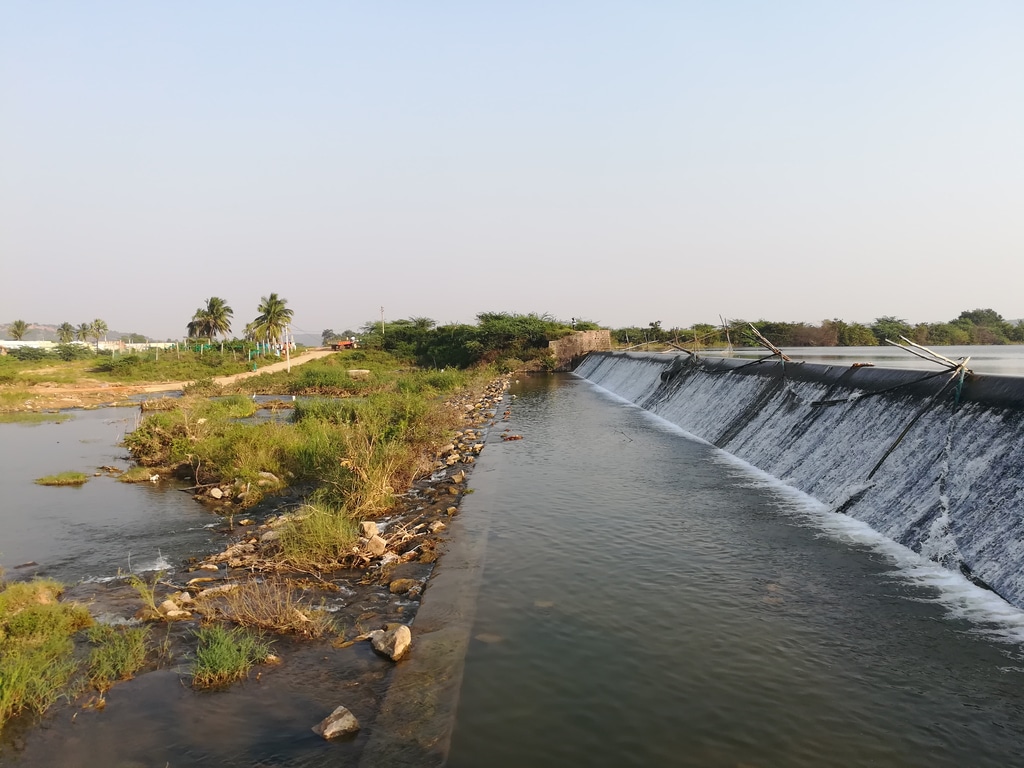The construction of the Mwache Irrigation Dam in Kwale County, Kenya, is getting closer. After about five years of negotiating land and compensating people (about 12,000 people), the Kenyan government finally announced that construction would begin in February 2022. At this stage, 75% of the displaced people have been compensated.
According to the Kenyan Ministry of Water, Sanitation and Irrigation, which is piloting the irrigation project, the work will take seven years from the start date. The future water reservoir will occupy an area of 250,000 hectares, with an 87.5 m high concrete gravity dam.
A water retention capacity of 118 million m3
The project is designed to strengthen the resilience of smallholder farmers in Kwale, Mombasa and Kilifi counties to climate change, which is manifested in these areas by drought. With a storage capacity of 118 million cubic meters and a daily supply of 186,000 cubic meters per day, the future dam could irrigate up to 2,600 hectares of land in Kwale County alone, according to Kenyan authorities. This will help reduce food insecurity in Kenya. In the East African country, famine is affecting 2.4 million people across some 20 arid and semi-arid northern counties, according to the United Nations Office for the Coordination of Humanitarian Affairs (OCHA).
Read also –
The Kenyan government is also planning to build secondary dams. The World Bank has pledged 20 billion Kenyan shillings (more than $176 million) for the Mwache irrigation project. The funds will be allocated under the Kenya Water Security and Climate Resilience Project.
This initiative aims to increase the availability of irrigation water for farmers, improve the institutional framework, and build capacity for water security and climate resilience in Kenya.
Inès Magoum
